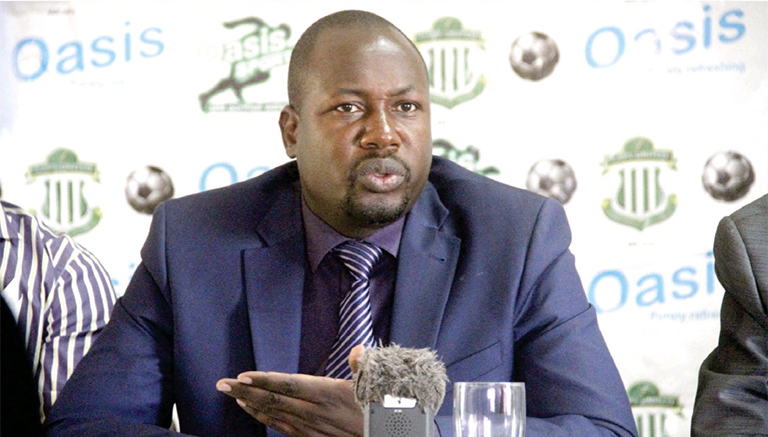Helcraw Electrical, a company previously associated with controversial contracts, has been appointed to play a critical role in the government’s initiative to overhaul Harare’s water reticulation system.
The company, which has ties to Zanu-PF legislator Farai Jere, was recently named by Local Government Minister Daniel Garwe as the local partner for Chinese firm Hangzhou Laison Technology.
The project aims to address Harare’s persistent water challenges by constructing a new water treatment plant and installing smart water meters throughout the city. While the total cost of the project remains undisclosed, the scale of Harare’s infrastructure needs suggests a significant financial investment.
Helcraw’s involvement has raised concerns due to its contentious history in government contracts. In 2016, the State Procurement Board faced criticism for awarding the company a contract to build the 120-megawatt Mutare Power Peaking Plant, despite Helcraw failing to meet technical requirements set by the Zimbabwe Power Company (ZPC). The decision was reportedly based on Helcraw’s lower bid of US$92 million, compared to the US$120 million bid from Pito Investments, which met all technical specifications.
Farai Jere, closely associated with Helcraw, was previously acquitted in a high-profile fraud case involving a US$3.5 million smart meter procurement deal with the Zimbabwe Electricity Transmission and Distribution Company (ZETDC). The case involved allegations of irregularities, including conducting factory acceptance tests in the wrong location and presenting a falsified test report.
The latest contract has sparked criticism from residents and advocacy groups, who view it as another instance of prioritizing political connections over public welfare. Precious Shumba, executive director of the Harare Residents Trust, accused the government of favoring politically linked companies over genuine service delivery improvements.
“The motivation here isn’t about improving service delivery but enriching businesses owned by politically connected individuals,” Shumba said. “This is about cartels abusing public offices to favor one another.”
Shumba also highlighted concerns about the government’s increasing reliance on privatization, particularly in opposition-led councils, suggesting it undermines local authorities.
“The goal seems to be transferring council responsibilities to private companies where they have vested interests, facilitating kickbacks from tenders and contracts,” Shumba added.
Reuben Akili, programs manager for the Harare Combined Residents Association, echoed similar concerns about the lack of transparency and public engagement in the deal’s formulation.
“There has been no council resolution or public consultation regarding this agreement,” Akili stated. “We don’t know how this deal was tendered or structured. It appears these agreements are being imposed by the minister, potentially for reasons that lack accountability.”
The project has reignited public demand for greater transparency and accountability in the awarding of government contracts. Residents are calling for clear explanations on how such deals are structured and whether they will genuinely address Harare’s water challenges.

For comments, Feedback and Opinions do get in touch with our editor on WhatsApp: +44 7949 297606.
